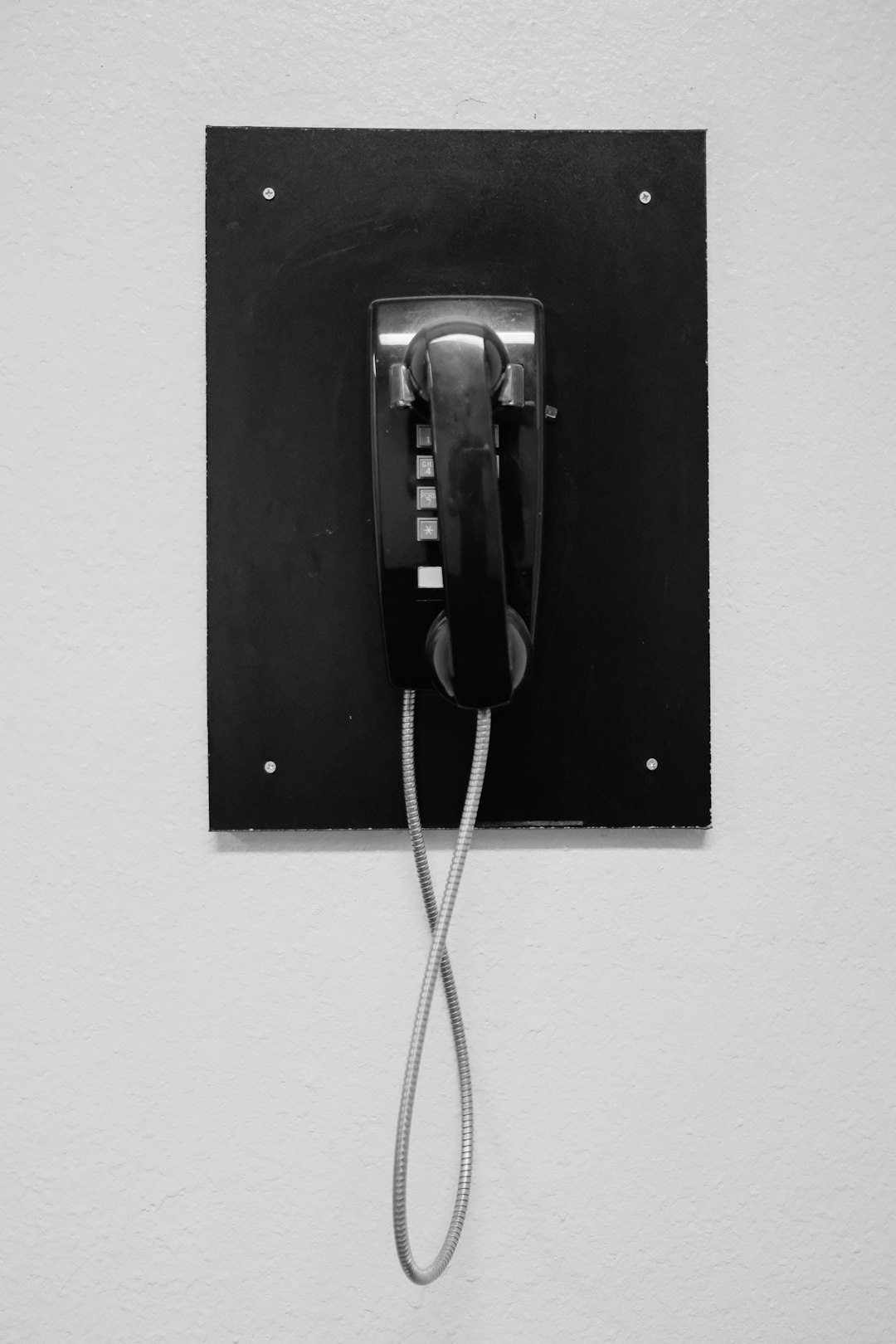Maryland's new Telemarketing Law restricts automated calls and mandates explicit consent. Businesses must disclose caller identity and purpose, adhering to call frequency rules and consumer opt-out preferences or face penalties. Engaging a "Do not call attorney Maryland" ensures compliance, helping firms avoid legal issues related to privacy regulations and customer relationships.
In Maryland, businesses engaging in telemarketing activities must navigate a new set of regulations designed to protect consumers from intrusive calls. Understanding and complying with the state’s Telemarketing Law is crucial for avoiding penalties and maintaining consumer trust. This article guides Bethesda businesses through Maryland’s evolving telemarketing landscape, focusing on key aspects like who the law applies to, do-not-call registry obligations, and effective compliance strategies. Learn how a Do Not Call attorney in Maryland can assist in navigating these requirements.
Understanding Maryland's Telemarketing Laws

In Maryland, the new Telemarketing Law aims to protect consumers from unwanted phone calls. Businesses engaging in telemarketing activities within the state must comply with these regulations to avoid penalties. Understanding and adhering to these laws is crucial for Bethesda businesses to maintain a positive reputation and avoid legal issues.
One key aspect to note is the restriction on automated or prerecorded calls, often associated with “do not call” attorney services in Maryland. Businesses should obtain explicit consent from callers before making such telemarketing attempts. Additionally, disclosure of the caller’s identity and purpose is mandatory, ensuring transparency and empowering consumers to make informed choices regarding their privacy.
Who Does the New Law Apply To?

The new Telemarketing Law in Maryland has specific implications for businesses, especially those engaged in telemarketing activities. This law, designed to protect consumers from unwanted calls, applies to a wide range of entities. Generally, it covers any organization or individual using automated dialing systems, prerecorded messages, or live callers to promote goods, services, or solicitations.
This includes businesses like Bethesda’s many legal practices, where attorneys might make use of telemarketing for client outreach and appointment setting. However, the law also extends to non-profit organizations, debt collectors, and even political campaigns, all of which must now adhere to stricter guidelines regarding call frequency, consumer opt-out preferences, and record-keeping requirements, notably excluding those who obtain prior express consent from recipients.
Do Not Call Registry Requirements

In Maryland, businesses engaging in telemarketing activities must adhere to strict regulations to respect consumer privacy and preferences. One key requirement is to ensure compliance with the state’s Do Not Call Registry. This registry allows individuals to opt-out of receiving marketing calls, and it’s crucial that businesses implement processes to verify and honor these choices. Any call made to numbers on the registry should be avoided, as it can result in legal consequences for telemarketers, including fines and other penalties.
To meet these requirements, a Do Not Call attorney in Maryland can provide valuable guidance. They can help businesses establish robust opt-out mechanisms during initial customer interactions, maintain accurate records of consumer preferences, and regularly update their call lists to exclude registered numbers. By following these practices, Bethesda businesses can ensure they remain compliant with the law and foster better relationships with their customers.
Compliance Strategies for Businesses

To ensure compliance with Maryland’s new telemarketing law, Bethesda businesses should implement robust strategies that respect consumer privacy and preferences. One effective approach is to adopt a “do not call” policy, similar to engaging a qualified attorney specializing in this area to draft and enforce guidelines. This involves obtaining explicit consent from customers before initiating any phone calls, with clear opt-out mechanisms provided at all touchpoints.
Additionally, businesses should invest in comprehensive training for their telemarketing teams, emphasizing the importance of consumer data privacy and adherence to legal standards. Utilizing technology that automates compliance tracking is another strategic move. This includes software that records and monitors calls, ensuring agents stay within legal boundaries, and providing a reliable audit trail if needed. By combining these strategies, Bethesda businesses can confidently navigate Maryland’s telemarketing landscape while safeguarding their operations from potential legal issues.
Avoiding Penalties: Best Practices

To avoid penalties under Maryland’s new telemarketing law, businesses must prioritize compliance. One of the key practices is to ensure clear and concise disclosures during initial contact. This includes stating the purpose of the call, who is initiating it, and providing a way to opt-out seamlessly. Additionally, obtaining explicit consent from potential customers before proceeding with marketing efforts is non-negotiable.
Regular training for employees on these regulations is essential. Educating staff about the law’s intricacies helps prevent accidental violations. Moreover, maintaining detailed records of calls, including dates, times, and consents granted, can serve as robust evidence in case of any disputes or audits. Remember, adhering to these best practices not only safeguards against penalties but also fosters a positive image and enhances customer trust.






